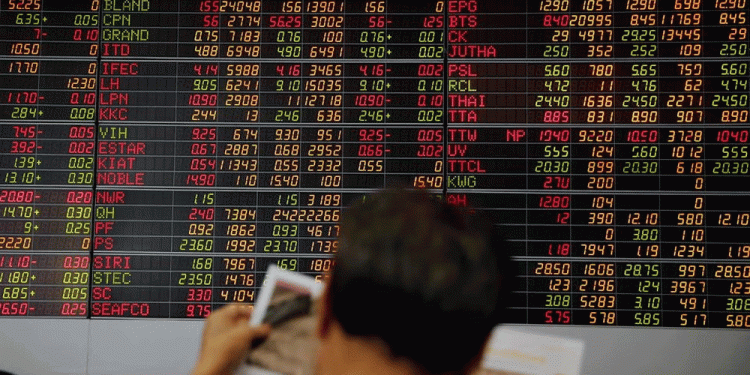CHICAGO: US wheat futures closed higher Tuesday on a technical bounce a day after the spot July contract neared a two-week low, and on worries about dry weather in the Black Sea crop region, analysts said.
Corn also advanced, rebounding from a two-month low, while soybeans closed mixed as nearby contracts lost ground to back months.
Chicago Board of Trade July wheat settled up 4-3/4 cents at $5.10 a bushel while July corn ended up 3 cents at $3.83-3/4 per bushel after falling to $3.80, its lowest since March 23.
CBOT July soybeans closed down 1/2 cent at $10.01-1/4 after briefly dipping below $10.
“Lower-than-expected US corn and winter wheat crop ratings and persistent dryness in South Russia’s wheat area provided good support for CBOT corn and wheat futures,” Dan Cekander, president of DC Analysis, said in a client note.
The US Department of Agriculture late Monday rated 37 percent of the US winter wheat crop in good to excellent condition, down from 38 percent a week earlier.
The USDA saw the US corn crop as 78 percent good to excellent, down from 79 percent the previous week. But ratings were still among the highest for this point in the season over the last 20 years.
“The corn market has recovered a little bit but it is mainly bargain-buying,” said Phin Ziebell, agribusiness economist at National Australia Bank. “US weather looks good for the crop and any rally in this situation is unlikely.”
The USDA rated 75 percent of the US soybean crop as good to excellent in its initial rating of the crop, boosting expectations for a big 2018 harvest. That factor may have contributed to bear-spreading, with nearby soybean futures contracts losing ground to back months.
Tensions between the United States and major trading partners hung over the market. Mexico put tariffs on American products ranging from steel to pork and bourbon, retaliating against import duties on metals imposed by President Donald Trump.
But CBOT soybeans appeared to draw support from news of an offer by China to import an extra $70 billion of American goods over a year. China is the world’s biggest soy importer. Trump was to meet with his trade advisers to discuss China’s offer.
“The trade dispute is hard to read; that’s why we danced around,” said Don Roose, president of US Commodities.
“(Soybean futures) were down early in the session on good crop ratings, and held together on optimism that maybe we were going to have positive results,” Roose said, referring to China’s import offer.
Source: Brecorder




























